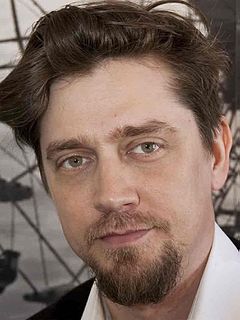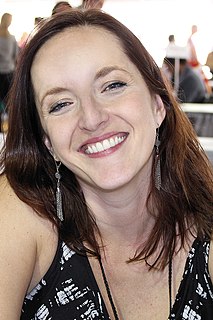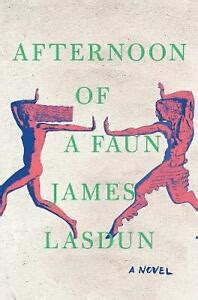A Quote by Rich Cohen
Writing a nonfiction story is like cracking a safe. It seems impossible at the beginning, but once you're in, you're in.
Quote Topics
Related Quotes
Fiction seems to be more effective at changing beliefs than nonfiction, which is designed to persuade through argument and evidence. Studies show that when we read nonfiction, we read with our shields up. We are critical and skeptical. But when we are absorbed in a story, we drop our intellectual guard. We are moved emotionally, and this seems to make us rubbery and easy to shape.
At the beginning when you're writing and building the beats of the story, everything that you put in there seems very essential to the story. However, when you have the movie finally edited and it's 4 four hours long, you realise that some of the events and some of the beats can be easily lifted but the essence of the story remains intact.
Writing a short story is like painting a picture on the head of a pin. And just getting everything to fit is - sometimes seems impossible. Writing a novel, though, is - has its own challenges of scope. And I think of that as painting a mural, where the challenge is that if you are close enough to work on it, you're too close to see the whole thing.
When you're researching things that have happened, the clear narrative arc is not there already. This is the problem of writing nonfiction for me - writing nonfiction which is about serious subjects and has serious political and social points to make, yet which is meant to be popular to a degree - what happens when the facts don't fit a convenient narrative arc? I guess that for a lot of nonfiction writers that is a central challenge.
As I started to read nonfiction in the mid '70s, I discovered, holy cow, there was a lot of imaginative nonfiction. Not the kind where people use composite characters and invented quotes. I hate that kind of nonfiction. But imaginative in the sense that good writing and unexpected structure and vivid reporting could be combined with presenting facts.






































